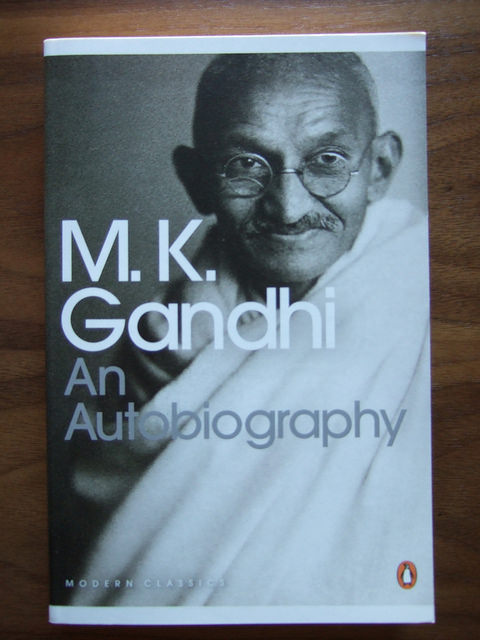Memoir vs Autobiography
The distinction between memoir and autobiography arises from the time frame in question and the manner in which the story progresses. Memoir and Autobiography are two terms that are often confused in terms of their usage and meanings. This confusion occurs because some books are classified as autobiographies by some, while others refer to the same book as a memoir. However, there are differences between the two terms, and they are relatively simple to understand.
What is an Autobiography?
The term autobiography refers to a narrative describing one’s own life history. An autobiography consists of information about the author’s life, presented in chronological order, beginning with their birth and ending with the present stage of their life. An autobiography covers the birth, childhood, youth, and old age of the writer, along with various incidents and events related to their life. Autobiographies are more fact-based and often require the author to double-check information for accuracy. Autobiographies are written in the first person, as the author is describing their own story.
What is a Memoir?
The term memoir is used to denote reminiscence or remembrance. A memoir can be considered a type of autobiography, as it is also written by the author themselves. However, unlike an autobiography, which encompasses the entirety of an author’s life, a memoir focuses on a specific period or aspect of the author’s life. Memoirs are more emotional in nature than factual, as the author is describing a period of their life that they believe stands out from the rest.
Key Takeaways
- Autobiography is a book an author writes about their entire life, while a memoir focuses on a specific period or aspect of their life.
- Autobiographies are more fact-based and chronological, while memoirs are more emotional and concerned with the remembrances of a particular period of a person’s life.
- Both autobiographies and memoirs are written in the first person, as the author is describing their own story.
